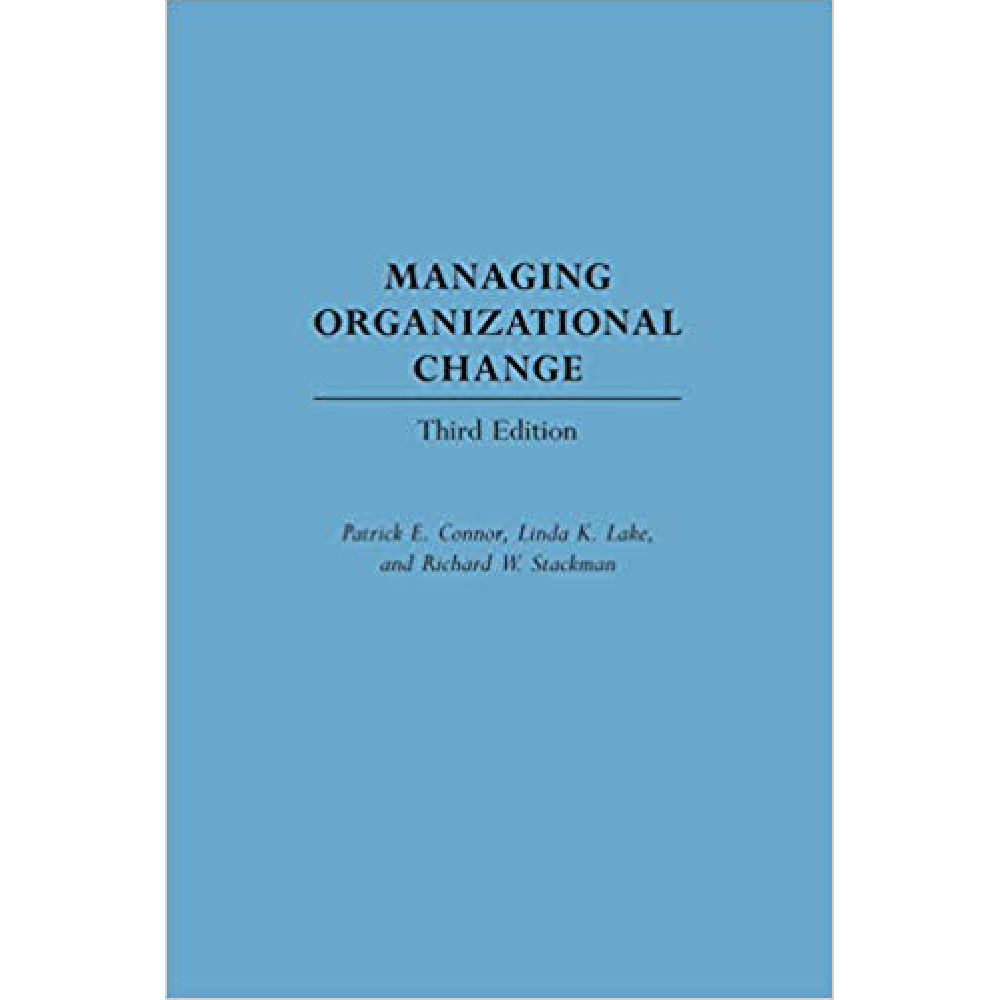Managing Organizational Change 3rd Edition By Patrick E. Connor – Test Bank
Chapter 10: Measuring Change: Designing Effective Control Systems
Test Bank
- What gets measured affects the direction and outcome of a change initiative.
@ Answer Location: Intro; Cognitive Domain: Application; Question Type: TF
*a. True
- False
- What is a main concern of change agents about measurement and control systems?
@ Answer Location: Intro; Cognitive Domain: Analysis; Question Type: MC
- They worry that measurement systems aren’t properly calibrated
- They worry that measurement systems don’t accurately represent the work they put into the project
*c. They worry that critics will use measurements to undermine the change
- They worry that measuring will take too much time
- Measurement and control systems enable change managers to do all of the following except:
@ Answer Location: Intro; Cognitive Domain: Application; Question Type: MC
- Frame the need for change and the expected outcomes
- Monitor the environment
- Guide the change and make midcourse corrections
*d. Communicate the cultural and emotional effects of the change
- Measurement and control occur at what stage in the change process?
@ Answer Location: Intro; Cognitive Domain: Application; Question Type: MC
- At the end
*b. Throughout
- At the beginning and at the end
- In the middle until everything is established
- Measurement and control systems can impede the process.
@ Answer Location: Intro; Cognitive Domain: Application; Question Type: TF
*a. True
- False
- Goals are best set at what level?
@ Answer Location: Use Measures That Lead to Challenging but Achievable Goals; Cognitive Domain: Application; Question Type: MC
*a. Challenging yet attainable
- Lofty to inspire vision
- Low to encourage incremental progress
- Attainable so employees don’t fear they won’t meet expectations
- What will most likely hinder a measurement system from being accepted?
@ Answer Location: Use Measures and Controls That Are Perceived as Fair and Appropriate; Cognitive Domain: Application; Question Type: MC
a. It’s not clear
- The follow-up is too arduous
- There are too many measurements
*d. The process of developing them is perceived as unfair
- What might interfere with the accuracy of data?
@ Answer Location: Ensure Accurate Data; Cognitive Domain: Application; Question Type: MC
- Trust in the people who the data will be analyzed by
- Keeping pressure at reasonable levels
*c. Providing excessive rewards for success
- Belief that the data will not be used to harm them
- Change leaders should develop their measures based on all of the following except:
@ Answer Location: Match the Precision of the Measure With the Ability to Measure; Cognitive Domain: Application; Question Type: MC
- How quickly the information is needed
*b. Who the measures will be analyzed by
- How accurate the information must be
- How much it will cost
- Under which circumstance should change agents choose more approximate measures and focus on vision rather than using explicit goal-focused measures?
@ Answer Location: Match the Precision of the Measure With the Ability to Measure; Cognitive Domain: Application; Question Type: MC
*a. When complexity and ambiguity are high
- When time to completion is short
- When complexity and ambiguity are low
d. When sanctions and rewards must be used













Reviews
There are no reviews yet.